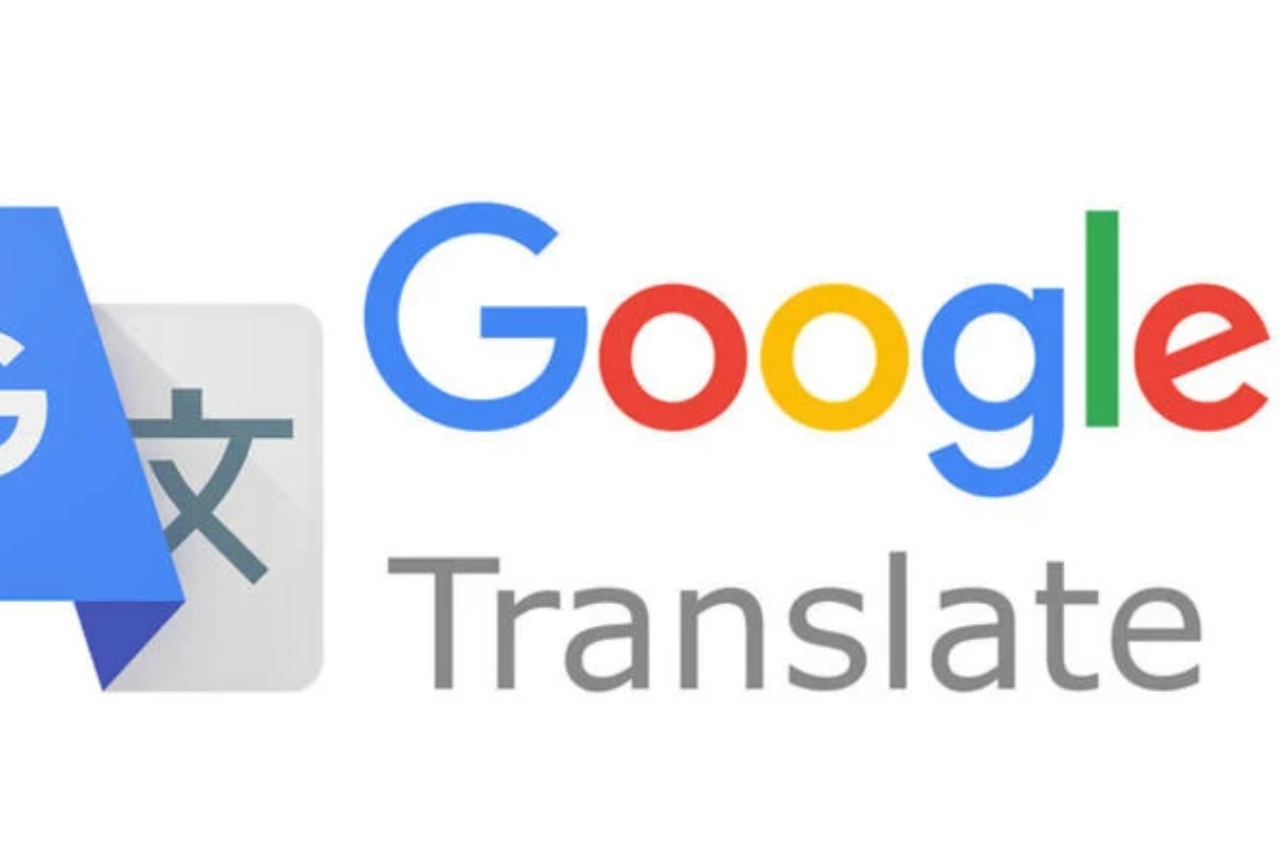New Delhi: Google Translate has been stopped in mainland China, erasing one of the company’s few surviving services in a country where most Western social media sites are restricted.
The generic search bar and a link pointing Chinese users to Google Translate’s Hong Kong page, which is prohibited on the mainland, are now visible on the Google Translate app and website.
Chinese social media posts claim that since Saturday, users have been unable to use the site. Additionally, users in China can no longer utilise the Google Chrome browser’s built-in translation tool.
According to a statement from Google, the service’s discontinuation in China was owing to poor usage. It is unclear how many people in China were using Google Translate.
China and the US technology company have a tense relationship. In 2010, Google withdrew its search engine from the Chinese market because it was no longer willing to follow the censorship laws of the nation.
Later, China took action to block further Google services, including its Gmail email service and Google Maps.
In order to uphold severe censorship laws, Chinese authorities frequently ban the majority of Western social media sites and services, including those of Google, Facebook, and Twitter.
These regulations must be scrupulously followed, and Chinese platforms are required to restrict language and subjects that the government deems politically sensitive.
As it looked at ways to provide services in the Chinese market, Google made its translation service accessible on the mainland via a Chinese domain in 2017.
Other well-known, domestically produced translation options offered by Chinese technology companies like Baidu and Sogou were in direct competition with its Google Translate service.
Google had considered developing a new, filtered search engine for China, but the initiative was abandoned in 2019 after receiving criticism from around the world.













